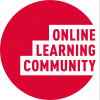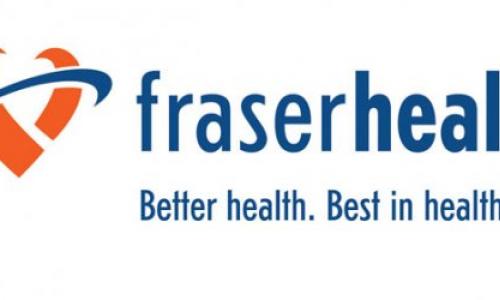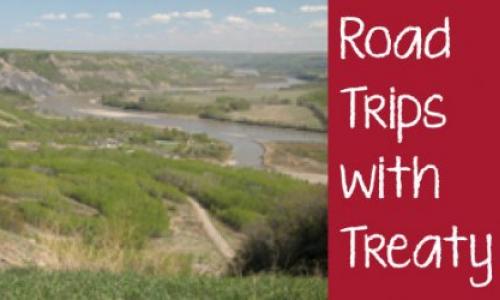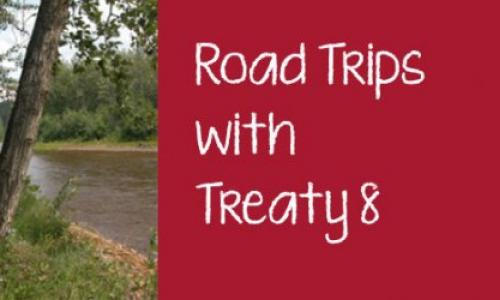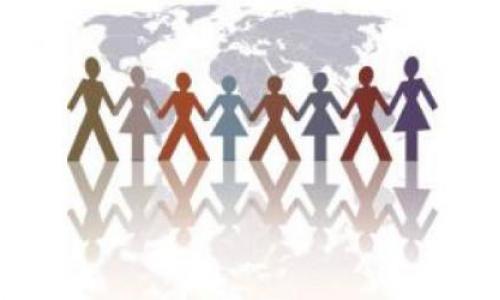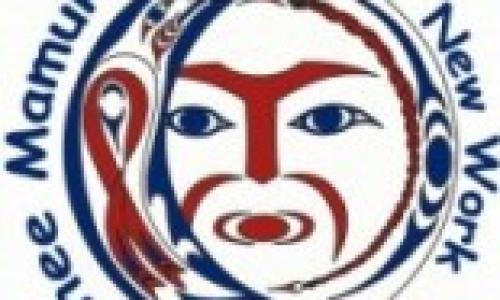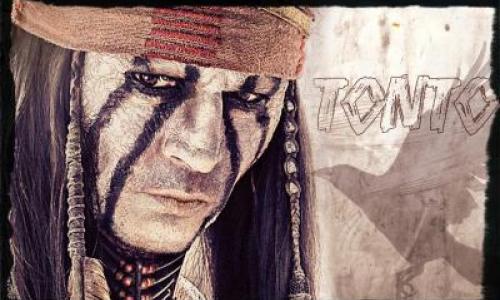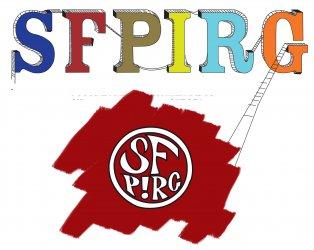
Date: Oct. 3, 2012
Location: Forum Chambers (MBC 2901)
Time: 3:30 - 5:30pm
In this interactive, experiential workshop we will explore the history and impacts of colonization and settler colonialism within canada/Northern Turtle Island, not only with our minds but with our bodies and hearts. We will create space to aim to decolonize ourselves and practice taking personal responsibility, aiming to build allegiance with centuries of Indigenous resistance.
FACILITATORS:
Anna Soole is Métis of the Cree, Ojibwe, and Iriquois First Nations, and French, Celtic/Pict/Welsh and Dutch heritage. A seasoned Social Justice Facilitator, Forum Theatre Practioner, Experiential Educator, Coach and Consultant, based out of Vancouver BC (Coast Salish Territories), Anna is committed to decolonization and queering communities. She is dedicated to supporting a safe, diverse and inclusive environment in which to educate, energize, encourage and inspire creativity, agency and transformation.
hlamomsim anon, wilps luus wilsa witxw’y, lax gibuu pdeek’y, anspayaxw wilsa witxw’y.
I’m Bambie Tait, a gitxsan matriarch in training that’s been living and loving large on unceded coast salish territory for the past 10 years. Every day I am learning and practising what it means to decolonize myself, to be comfortable with the uncomfortable, to express myself unapologetically as I move through this world.
Advance registration is required for this workshop. Register at www.sfpirg.ca
Note: All our events are free, wheelchair accessible and open to everyone. To facilitate full participation, childcare, transportation & accessibility subsidies are available. Email us at admin@sfpirg.ca for info, or call us on (778) 782-4360.
Date: Oct. 11, 2012
Location: SFPIRG, TC326 in the Rotunda, SFU Burnaby
Time: 3:30 - 5:30pm
Taking a broader look at the system of colonization the state has taken to “take the indian out of the child” we will talk about some laws and tactics that go beyond residential schools. We will also talk about how successful residential schools were to create a detachment from family (nuclear and extended), community, culture, language and land. No registration required. Just drop in and join us! www.sfpirg.ca
FACILITATOR:
hlamomsim anon, wilps luus wilsa witxw’y, lax gibuu pdeek’y, anspayaxw wilsa witxw’y.
I’m Bambie Tait, a gitxsan matriarch in training that’s been living and loving large on unceded coast salish territory for the past 10 years. Every day I am learning and practising what it means to decolonize myself, to be comfortable with the uncomfortable, to express myself unapologetically as I move through this world.
Date: Nov. 1, 2012
Location: SFPIRG, TC326 in the Rotunda, SFU Burnaby
Time: 11:30am - 1:30pm
British Columbia has a unique history of colonization. We have the most unceded territory of any other province in Canada. A lot of monumental hunting and fishing rights have been won thanks to nations on the West Coast. Today we will talk about some of these grassroots movements and how they are affecting us now. No registration required. Just drop in and join us! www.sfpirg.ca
FACILITATOR:
hlamomsim anon, wilps luus wilsa witxw’y, lax gibuu pdeek’y, anspayaxw wilsa witxw’y.
I’m Bambie Tait, a gitxsan matriarch in training that’s been living and loving large on unceded coast salish territory for the past 10 years. Every day I am learning and practising what it means to decolonize myself, to be comfortable with the uncomfortable, to express myself unapologetically as I move through this world.
Date: Nov. 29, 2012
Location: SFPIRG, TC326 in the Rotunda, SFU Burnaby
Time: 3:30 - 5:30pm
The West Coast is very unique in the sense that the majority of the nations that line the coast are matrilineal, we all follow our mothers. In this discussion we will talk about what it means to belong to a matrilineal based society, compare that to a monarchy and also talk about state violence against women. No registration required. Just drop in and join us! www.sfpirg.ca
FACILITATOR:
hlamomsim anon, wilps luus wilsa witxw’y, lax gibuu pdeek’y, anspayaxw wilsa witxw’y.
I’m Bambie Tait, a gitxsan matriarch in training that’s been living and loving large on unceded coast salish territory for the past 10 years. Every day I am learning and practising what it means to decolonize myself, to be comfortable with the uncomfortable, to express myself unapologetically as I move through this world.









